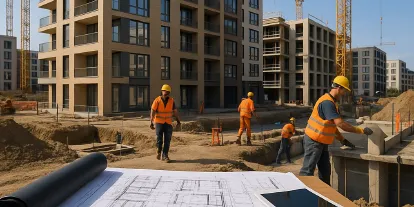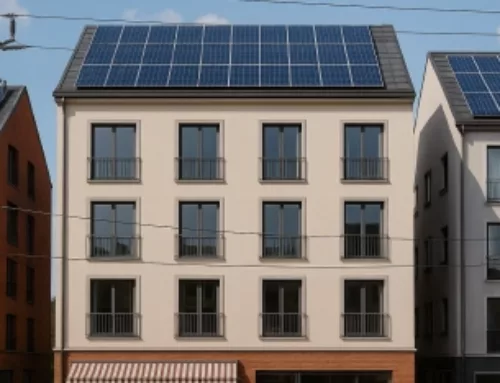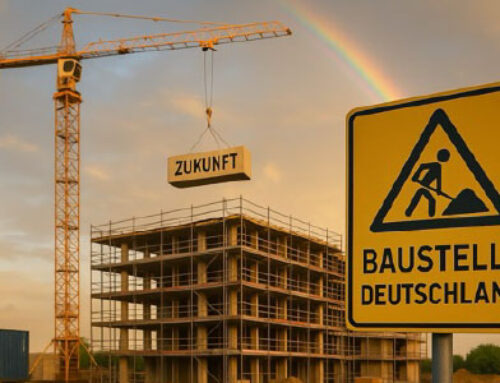Everything for residential construction
Coalition agreements in Germany are often like good wines. The legislative plans they contain must first mature. Not so with the promised construction turbo – according to the coalition agreement, this should come within 100 days (we reported, https://tyskret.com/language/en/construction-site-germany-the-coalition-agreement/) and this is possible. The first draft bill is now available.
What does the draft bill say?
Essentially the following with regards to residential construction:
- Exemptions from development plans
Exemptions from (existing) development plans are to be made possible to a much greater extent in favor of residential construction.
- Unplanned inner area
In the so-called unplanned inner area (i.e. wherever there is no development plan in the development context), deviations from blending into the immediate surroundings are permitted in favor of residential construction.
- Turbo general clause
However, the heart of the reform is to be the construction turbo paragraph § 246e BauGB, which is already familiar from the last legislative period. A provision that basically defines the maximum legally permissible flexibility for residential construction. Anyone who wants to build at least six new apartments, extend their existing building for residential use (addition of storeys or inner courtyard development) or plan changes of use to residential use should no longer have to fear the existing planning law. Here, deviations from all provisions of the Building Code and the regulations issued on this basis are permitted under a few conditions. The provision is to be enacted for the first time by the end of 2030.
- Not without my municipality
Although the aforementioned deviation and exemption options go very far, the municipalities must be involved in almost all decisions in favor of residential construction due to the local authority’s design sovereignty.
- Continued regulatory measures
For existing buildings, the ban on conversion to residential property will be extended by 5 years, also until the end of 2030. The same applies to the power to issue ordinances to define areas with tight housing markets (here the extension is even to apply until the end of 2031).
What happens now?
Unfortunately, a draft bill is not (yet) a law. This is typically the hour of the lobbyist, as one person may not like the simplifications and regulation, while the other may have the exact opposite opinion. However, as there were already similar proposals in the last legislature, things are unlikely to be as bad this time. The bill therefore has a good chance of passing through the Bundestag in the foreseeable future. However, it is doubtful whether we will soon be able to choose housing in urban centers at reasonable prices. There are still enough hurdles for housing construction.
We will keep you up to date on the progress of the process.





